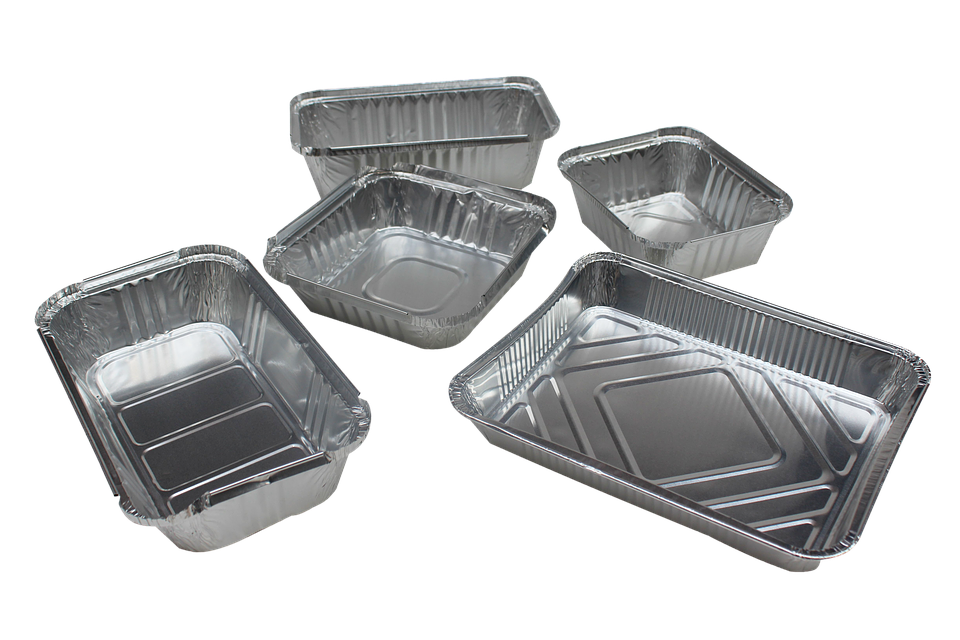Aluminium

As the third most abundant element on Earth, aluminium is incredibly versatile and has a wide variety of possible uses. While some of these applications are common knowledge, others are less so – for example, aluminium is actually used in the manufacturing of glass. At Cut My Metal, we can provide aluminium to any specified length and to a number of different thicknesses and radius’. We offer this useful metal in tube, rod, bar, channel and roofing sheet form.
Aluminium properties make it particularly useful in the transport industry, but this metal is used in various other sectors as well. It is a lightweight material but also durable, and it’s also resistant to corrosion. Aluminium has a higher fuel efficiency than some other materials and also fewer emissions due to its low weight. Aluminium can be processed easily using pressure when it’s both hot and cold, meaning it can be rolled, stamped and pulled, and it’s very cost effective. It’s incredibly pliable, so it can be made into sheets of just 4 microns thick, and it’s also non-toxic unlike plastics.
Aluminium Forms
Aluminium bar and rods are commonly used to transmit electrical currents through power grids, as it transmits twice the amount of electrical current per pound as copper, making it far more cost effective. Aluminium tubing is usually used in food processing equipment, for water treatment plants and industrial applications. In addition to construction and electrical uses, aluminium is commonly used as tin foil as well, as it’s impervious to oxygen and water, so it can keep ingredients fresh and help to cook food.
Aluminium Uses
Aluminium is commonly used in construction work and plays a vital role in everything from skylights and bridges to ladders and railings. For transportation uses, an aluminium roofing sheet can be transformed into anything from building facades to packaging and for the skins of planes and cars.
Because aluminium can form compounds with other chemical elements, a wide variety of alloys have been created. For example, when mixed with silicon and magnesium, aluminium can be used in engines, alloy wheels and other parts of vehicles. Similarly, aluminium zinc alloys are widely used in phones and tablet PCs. Aluminium can be purchased in sheets, tubes and bars, and as an aluminium channel for use in the manufacturing of bridges and machine components.




